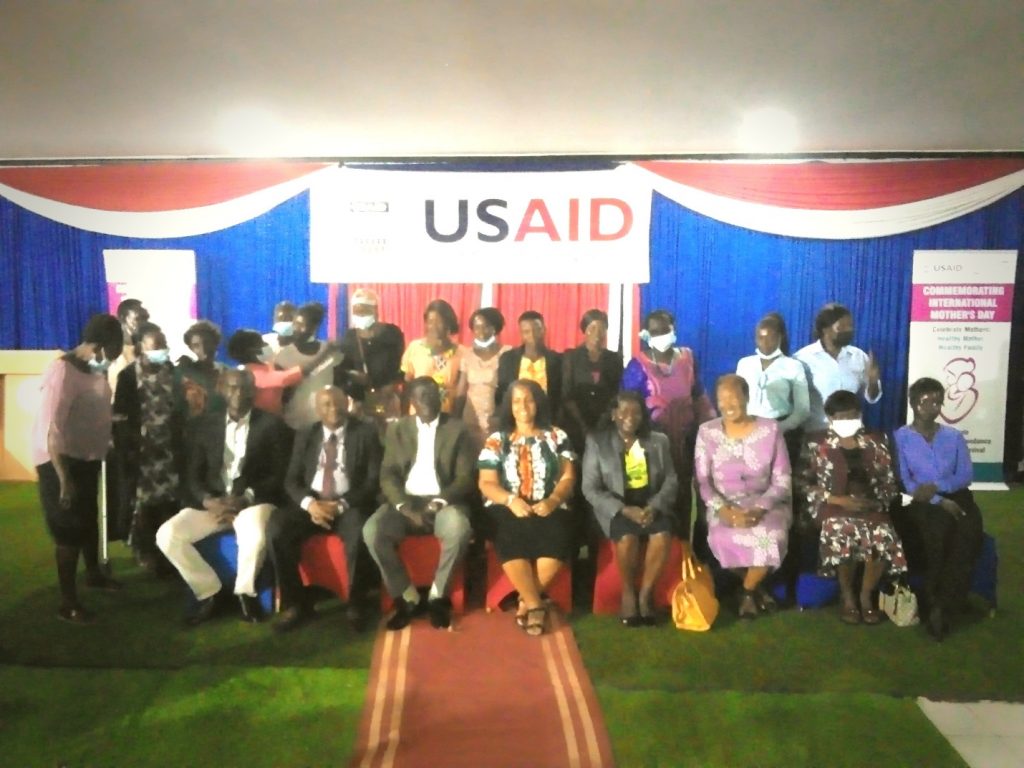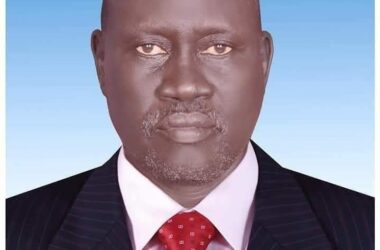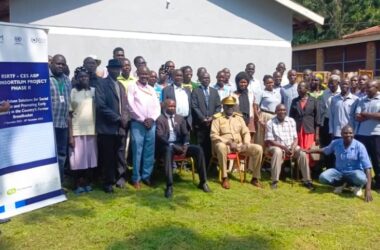
By William Madouk Garang
Lack of skilled birth attendance and poor health services in the country has put mothers at risk, the Deputy Representative of United Nations Population Fund (UNFPA), Chris Oyeyipo warned yesterday.
Dr. Oyeyipo said that, high maternal mortality rates and rampant rape, child marriage besides gender-based violence have put lives of many mothers across the country in jeopardy.
In South Sudan, an estimated 65 percent (65%) of women and girls experience physical and sexual violence in their live time, and about 52 percent (52%) of women were married off before age of 18.
According to UNFPA report 2017, maternal mortality ratio stands at 1,150 deaths per 100,000 live births, which is the highest in the world lack of skilled birth care and poverty among others are the factors.
The UNFPA’s Deputy Country Director made the remarks yesterday at the commemoration of Mothers’ Day which was organized by USAID under theme “Health Mother, Healthy Family.”
“The love of mothers is undeniable and indeed the strongest emotion in human soul and being a mother is un-doubtfully a hard task. In some cultures, mothers are likening to deities,” Oyeyipo said.
“I will not bore you with statistics of motherhoods in this country, but allow me to say indeed South Sudan is one of the most-risky places to be a mother and it’s our responsibility to ensure that we change these statistics,” he added.
Meanwhile, Chairperson of South Sudan HIV/AIDS Commission Dr. Estherina Novello Nyilok who represented minister of Health said that mothers in rural areas do hard work and should be proud of themselves.
“To be a mother in South Sudan is not an easy thing, we have been going through a lot of difficulties, a lot of traumas leave alone bearing a kid or during labour even the environment is very harsh,” Dr. Nyilok said.
“I know with statistics we are just being educated there is a lot for us as a government and ministry of health so that to improve the health of our mothers and not only the mothers alone even the children,” she continued.
Dr. Nyilok stated that a lot need to be done, though HIV prevalence has dropped to 2.1 compared to last year’s 2.3, with women having the most HIV positive cases across the country.
“We need change if we want to change the trajectory of HIV in this country otherwise, we will not be able to fight HIV and those who are more HIV positive in this country are women,” she stressed.
In addition, the Director of Reproductive Health at the Ministry of Health Michael Mading stated that mothers are teachers, philosophers, guidance, and friend to everyone but they are suffering and need quick action to be taken.
“Today we are celebrating this special day and you have seen from statistics’ ministry of Health that our mothers are suffering in this country. They are dying while giving birth, they are dying looking for food for us, they are dying in for going far places to fetch water on their heads,” Mading said.
“Let me say ministry of health is committed to work with partners to ensure that we deliver essential healthcare services to our mothers,” he added.
Jennifer Erie, Health Office Director for USAID said, “when we see these negative statistics; you heard bad things about South Sudan, the worse this, the lowest that I see this as an opportunity for us to work harder together and bring those numbers back to where they should be, where moms should feel safe”.
The celebration of motherhood has long been a part of human history, but it was not until 1908 that the US. established a day dedicated completely to mothers.
The day is commemorated to honour the existence of mothers and their significance in people’s lives. Mothers have different roles in our lives, from being a caregiver to becoming a protector, from being a friend to a mentor.



